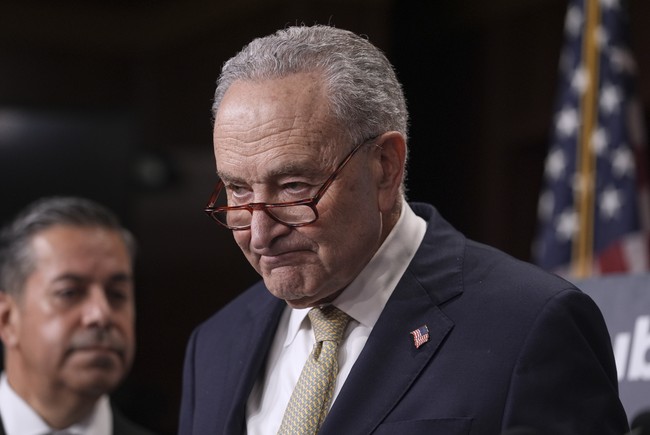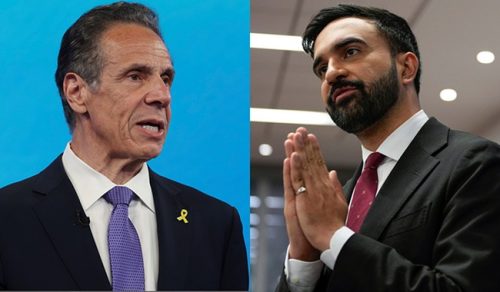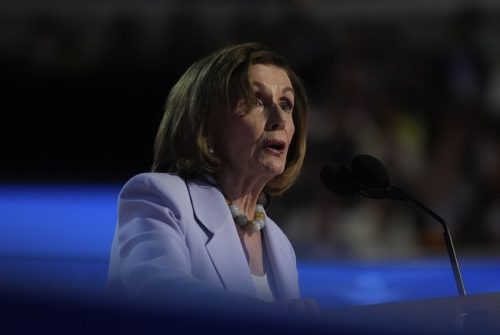The new Pew Research poll paints a blunt picture: Democrats are frustrated with their own party and that unrest helps explain why Senate leaders chose to force a shutdown. The survey, taken before the Senate standoff, shows rising anger among Democrats while Republican confidence has stabilized. That split matters because party morale drives how leaders act in crisis, and this one tipped toward a showdown. What follows examines the poll, the political calculation, and why GOP resolve matters heading into the midterms.
The Pew data is striking and useful political intel for anyone paying attention. Democrats reported rising frustration with their party, jumping to levels that outpace GOP unease. That rising frustration hasn’t come from ideological purity alone; it’s driven by a sense that congressional Democrats haven’t pushed back hard enough against the administration they oppose. Leaders sensed a reckoning if they stood by and did nothing.
Democrats are increasingly losing faith in their party and its leaders — far outpacing Republicans who have doubts about the GOP, according to Pew Research Center data collected before the government shutdown.
The big picture: Democrats’ party frustration has risen sharply in recent years, while Republicans’ dissatisfaction has eased, underscoring levels of party confidence a year before the 2026 midterm elections.
67% of Democrats say they’re frustrated with their party, up from about half in Pew polls from 2021 and 2019. Per the poll, most of the aggravation stems from a belief that congressional Democrats haven’t pushed back enough against the Trump administration.
Only 40% of Republicans say they’re frustrated with their party, down from 2021 levels — and 69% even say the GOP makes them feel hopeful.
Overall, three-quarters of Americans are frustrated with Democrats, compared to 65% who feel the same about the Republican Party.
Leaders like Chuck Schumer and Hakeem Jeffries faced a simple political math problem: pacify a fed-up base or risk being blamed for inaction. The first spending fight taught them a painful lesson when they caved, so the calculus shifted toward standing tough this time. That decision translated into tactics that stalled the budget process, and yes, it created the shutdown moment conservatives warned about.
From a Republican perspective, the shutdown looks like a political trap Democrats sprung on themselves. When the base is angry, the instinct is to take a stand, even if the stand is unpopular with the broader public. So here we are: a minority of tenured Washington figures wrapping themselves in defiance to placate activists while ordinary voters wonder why basic services are at risk.
The policy choices fueling the standoff are also politically tone-deaf. Proposals such as expansive healthcare benefits for illegal immigrants and controversial funding priorities lack broad public support. Promising vast entitlements without buy-in from voters is a brittle strategy; handing out $1.5 trillion in new health benefits to illegal immigrants is the kind of headline that turns swing voters and motivates opposition turnout. Political theater doesn’t win elections; tough votes do.
Republicans should take the Pew findings seriously and resist reflexive compromises that cost them credibility. If Republicans break under pressure, they validate Democratic warnings and hand Democrats a narrative of bipartisan failure. Standing firm forces a clearer choice for voters and keeps the focus on policy differences rather than horse-trading in back rooms.
There’s also a strategic upside to letting the consequences of Democrats’ choices play out. When party leaders prioritize internal appeasement over governing, the public notices. Voters reward parties that appear disciplined and consistent, and punish those that seem captive to noisy interest factions. In that context, a Republican refusal to cave isn’t cruelty, it’s accountability.
Still, the optics of a shutdown are tricky, and messaging matters. Republicans need to make clear they are fighting specific policies, not everyday government functions, and that they want responsible governance. The debate should be framed around priorities, fiscal responsibility, and keeping promises to voters — not about raw brinkmanship. Done correctly, firmness can be sold as stewardship rather than obstruction.
The broader lesson is simple: party morale shapes behavior in Washington, and leaders respond to their most motivated supporters. The Pew poll shows Democrats were already shaky before the shutdown, and that shakiness helps explain why they chose to escalate. For Republicans, the moment calls for discipline, clear principles, and the patience to let politics reveal winners and losers before the 2026 fight.






